Racial Equity 2030
Investing $90 million to fund bold solutions that will drive a more equitable future for children around the globe
For all children to thrive, families must be able to support themselves, and their communities must be equitable places of opportunity. Right now, too many communities around the world are not set up for all children and all families to succeed.
In 2020, we marked the W.K. Kellogg Foundation’s 90th anniversary by launching the Racial Equity 2030 Global Challenge, awarding 90 million U.S. dollars to fuel innovative and actionable solutions to build a more racially equitable future.
The challenge received more than 1,400 applications from more than 72 countries. In 2021, the 10 finalists were selected, and each received a $1 million planning grant, as well as nine months of capacity-building support. In Oct. 2022, five awardees were named to receive a combined $80 million over the next eight years, concluding in 2030, the W.K. Kellogg Foundation’s 100th anniversary.

The transformational work of each of the five awardees reflects the complexity of achieving racial equity and the structural changes that are needed to sustain meaningful, long-term change. They’re each promoting access to economic opportunity, education, improved governance and justice, and social well-being.
We’re honored to work alongside each of the awardees and help them scale their bold ideas.
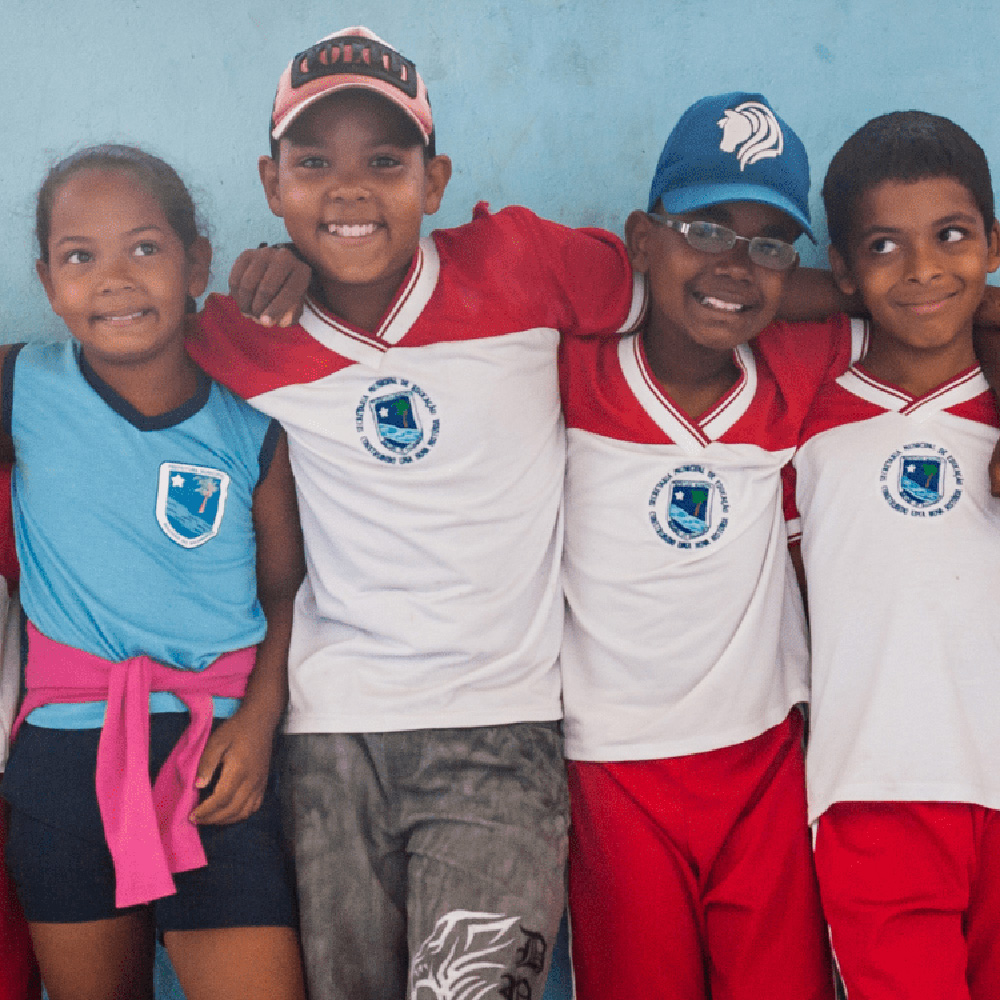
Building an anti-racist education system in Brazil.
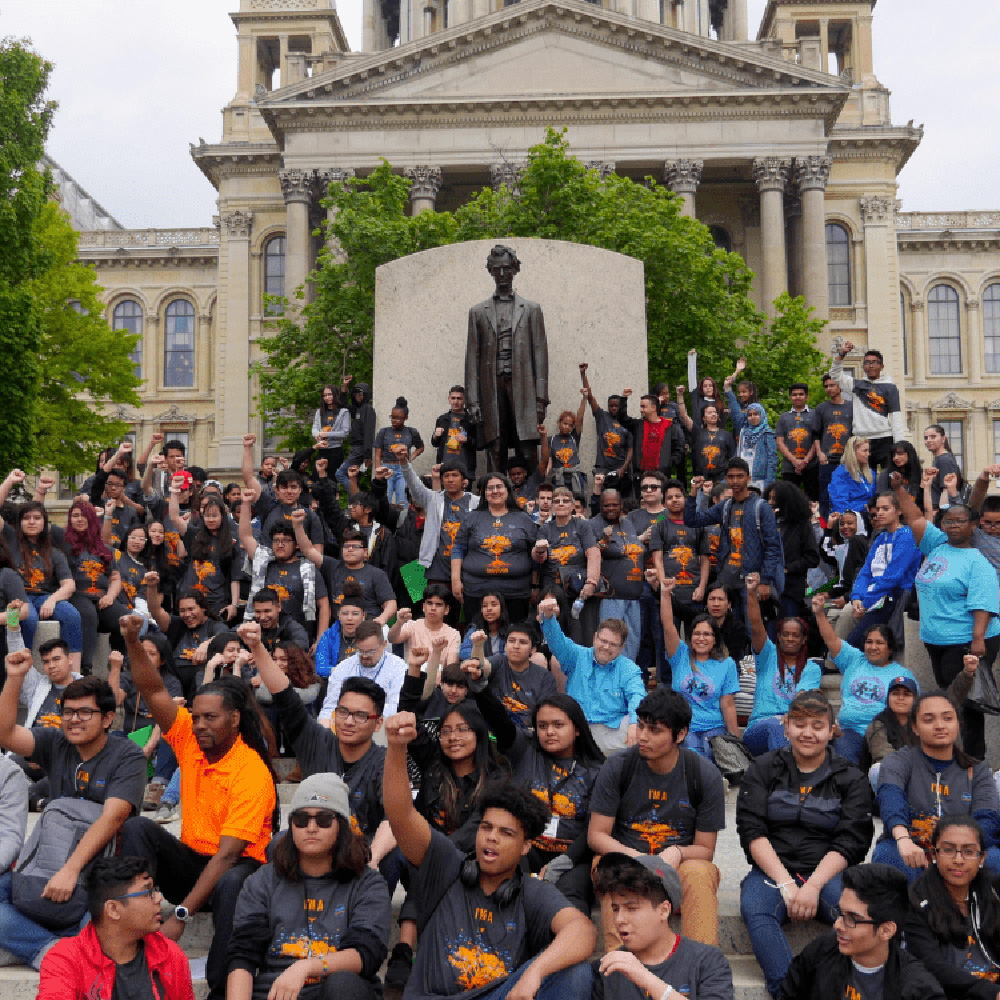
A healing through justice model to help Chicago youth and communities heal.
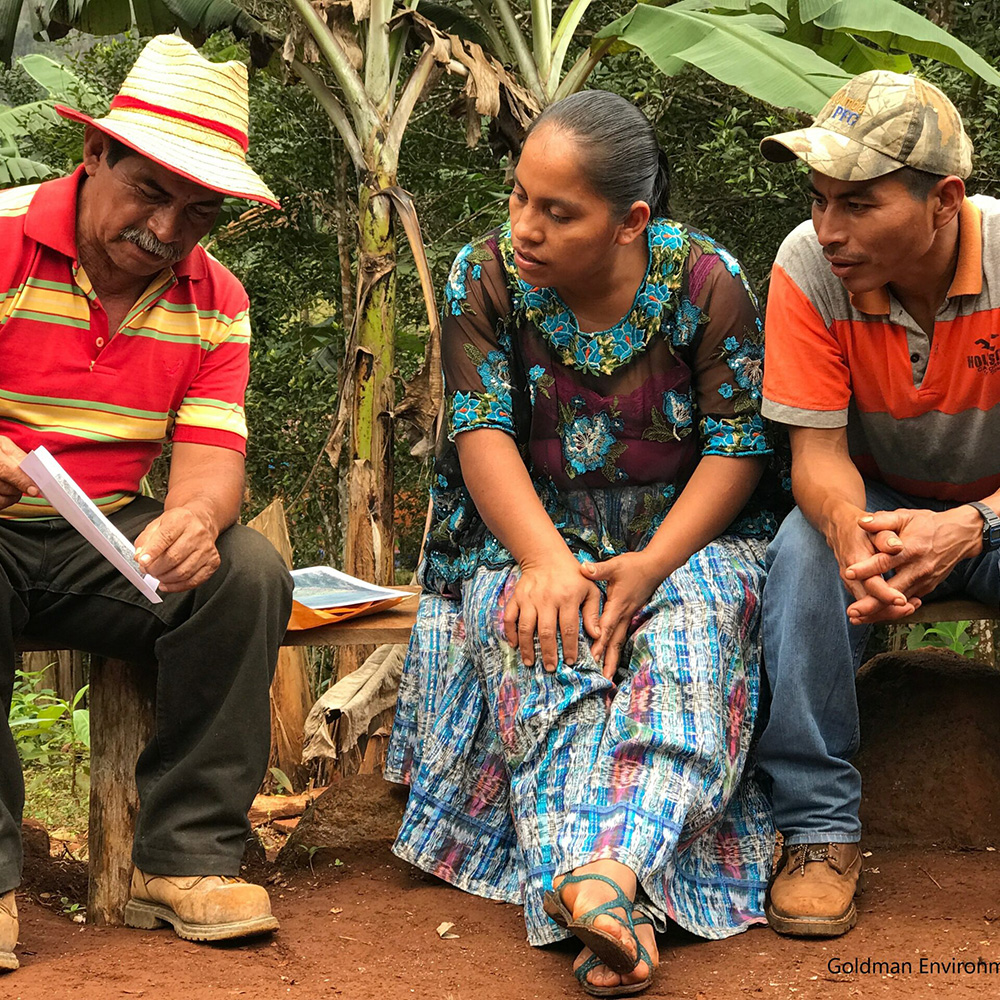
Securing Indigenous land ownership in Mexico and Central and South America.
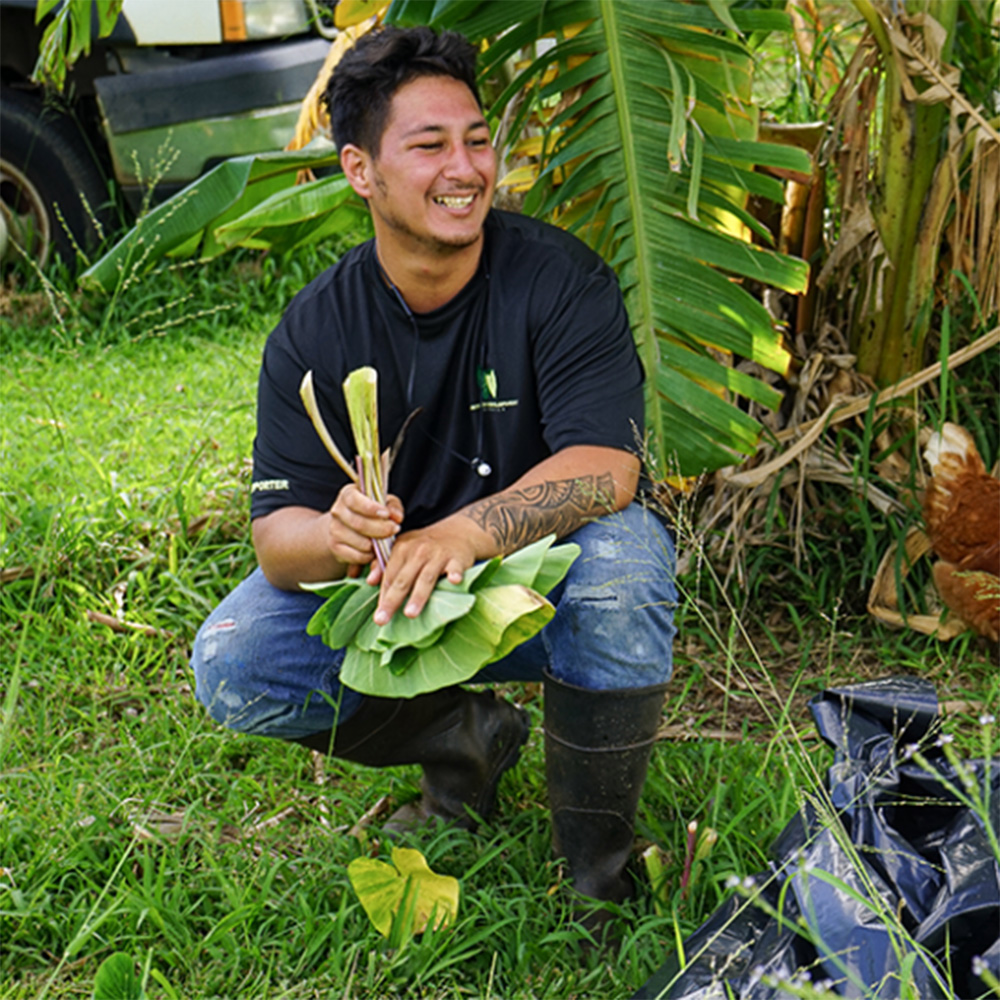
Partners in Development Foundation
A Native-led model to end youth incarceration in Hawaii and beyond.
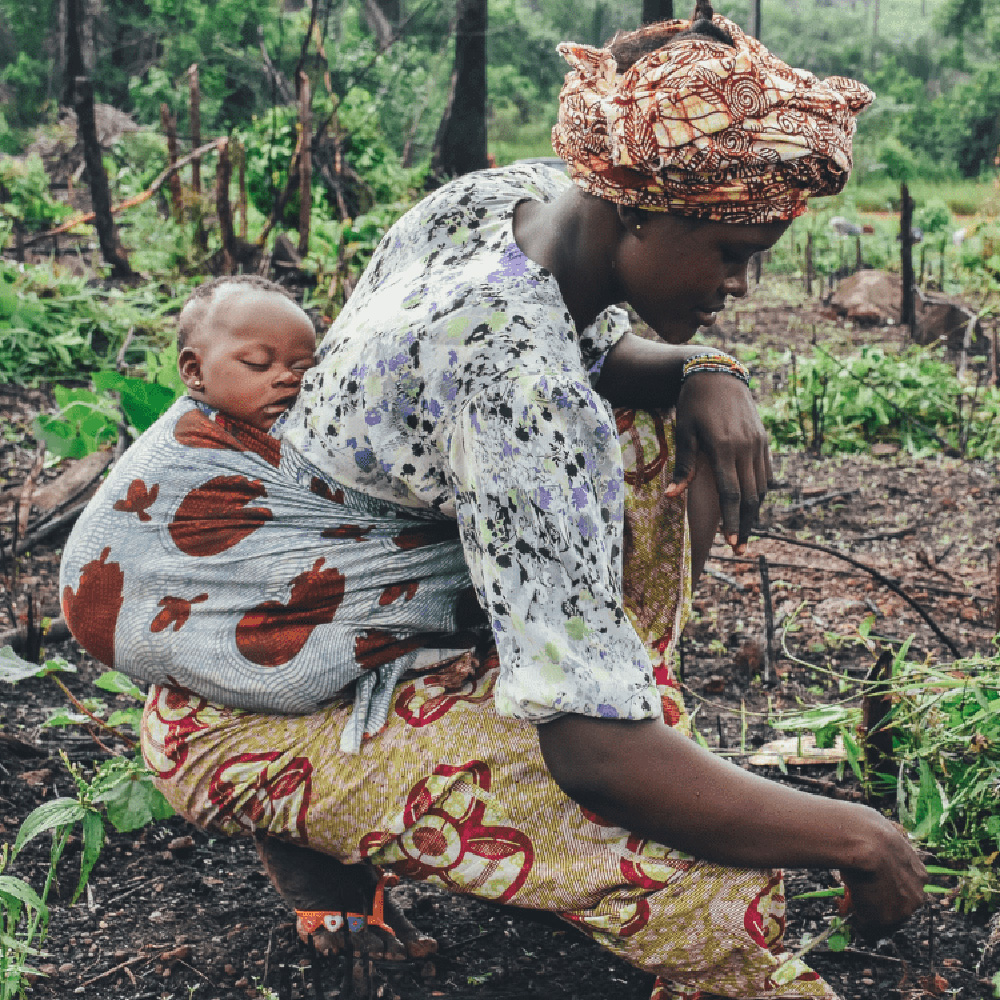
An effort to overcome environmental racism by knowing, using and shaping the law in Kenya, Sierra Leone and the U.S.
“Racial Equity 2030 is an opportunity for communities to reconstruct the systems and institutions that perpetuate inequities. This is our nation’s, and our world’s, greatest unfinished business. Now is our moment to reimagine what the future can be for our children.”
– La June Montgomery, president and CEO of the W.K. Kellogg Foundation
Racial equity affirms that all people, regardless of their racial/ethnic group identification, skin color or physical traits, deserve an equal opportunity to experience well-being in a just society.
For decades, we have worked alongside communities to advance racial equity and racial healing, community engagement and leadership development. Today, too many children’s futures are bound by systemic inequities that imply the color of their skin or ethnic origin should determine their opportunities and family circumstances.
The COVID-19 pandemic laid bare stark inequities across the world. The murder of George Floyd gave rise to calls for racial justice that went global. But the systems that perpetuate inequity and injustice have been generations in the making.
Racial Equity 2030 is a chance to reimagine and build a future where racial equity can be realized.
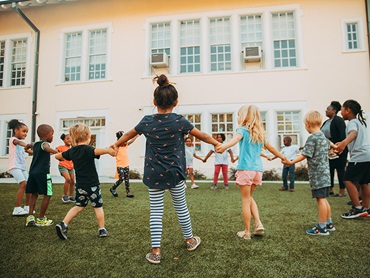
About the Challenge
Why did we decide to launch this initiative? Why $90 million?
The Kellogg Foundation has been committed to advancing racial equity and racial healing for decades. Racial equity funding first appeared in the foundation’s grantmaking in the 1940s. In the 1990s, WKKF established an internal Diversity Advisory Committee. In the following years, the foundation intentionally focused on promoting diversity as an integrated priority in grantmaking. In 2007, the we formally committed to being an anti-racist organization that promotes racial equity and racial healing, which has shaped both our funding and operational practices.
Rooted in history and in honor of the foundation’s 90th anniversary in 2020, we launched Racial Equity 2030 to tackle the primary challenge of our time.
Why by the year 2030?
This is about innovation and taking the time to allow change to happen. We hope this longer-term funding speaks to our belief in each awardee and the work of transformational change.
The timing for this challenge aligns with the Sustainable Development Goals (SDGs) set by the United Nations General Assembly and are intended to be achieved by 2030. The year 2030 is also our foundation’s 100th anniversary.
What does global racial equity mean to us?
Racial equity affirms that all people, regardless of their racial/ethnic group identification, skin color or physical traits, deserve an equal opportunity to experience well-being in a just society.
While racial equity may look different around the world, we believe that achieving racial equity means that a person’s identity would not determine treatment or predict life outcomes. We believe that racial equity requires both systems transformation and racial healing.
About the Process
What types of organizations were eligible to apply?
Racial Equity 2030 was open to organizations of all types led by teams that center people’s lived experiences and have community members closest to the issue as a part of the projects’ leadership.
From the outset of the challenge, we prioritized outreach to communities of color, Indigenous communities, community-based organizations and communities outside our own networks.
We encouraged all organizations to submit their bold thinking on how to address the issue of racial equity in their own context.
How rigorous was the process of choosing five awardees?
The Challenge received 1,453 submissions from 72 countries. Applications were evaluated during a five-month process involving reviews by peers and experts from across the world based on four criteria: game-changing, equitable, bold and achievable.
We named the 10 finalists in Sept. 2021, and each received a $1 million planning grant and nine months of capacity-building support. After a meticulous review process, we’ve arrived at our five long-term awardees.
